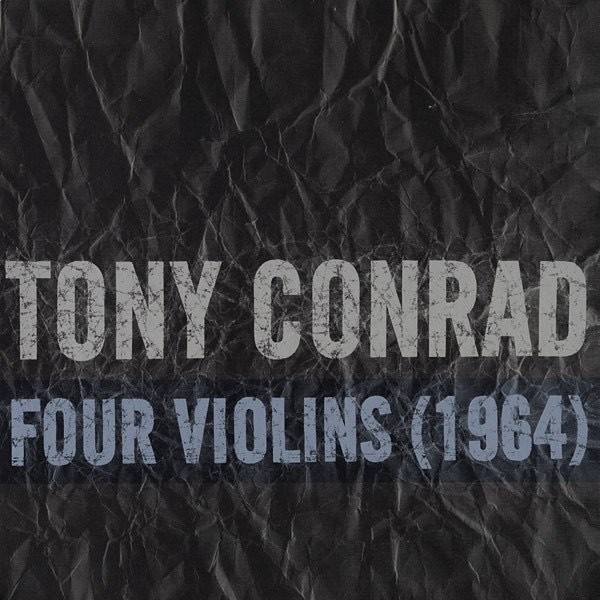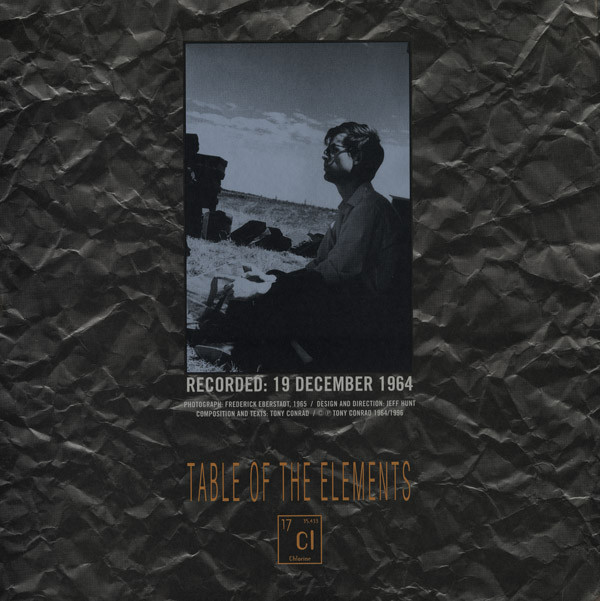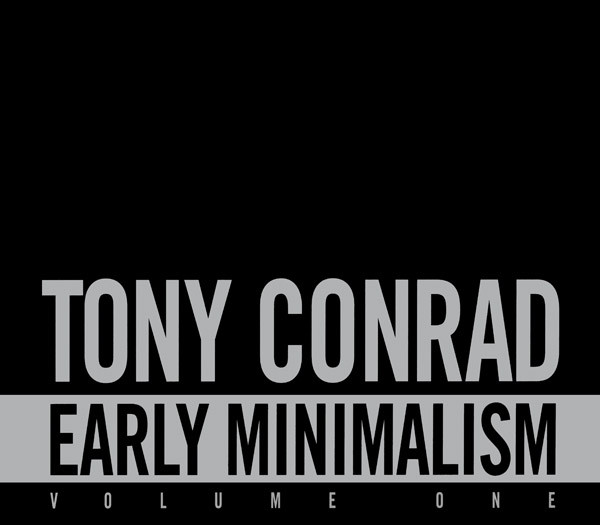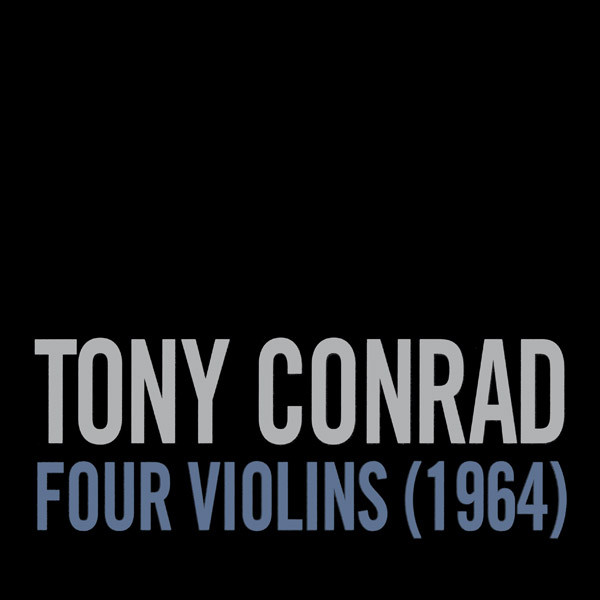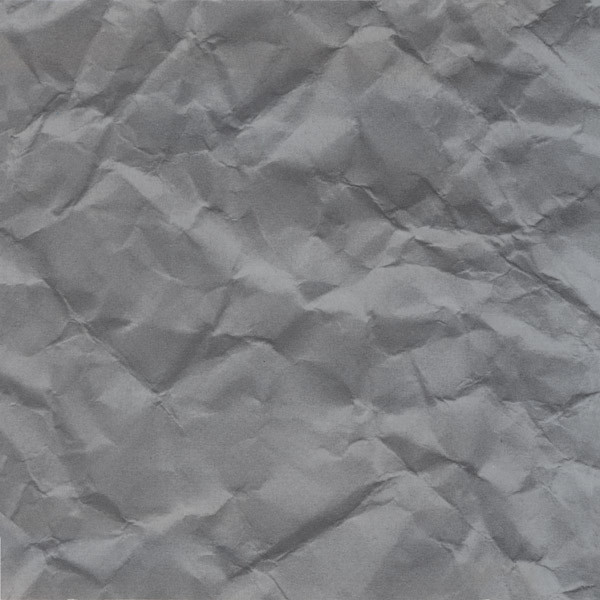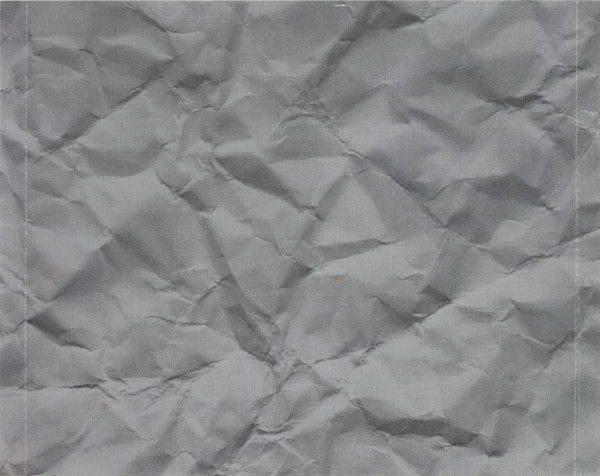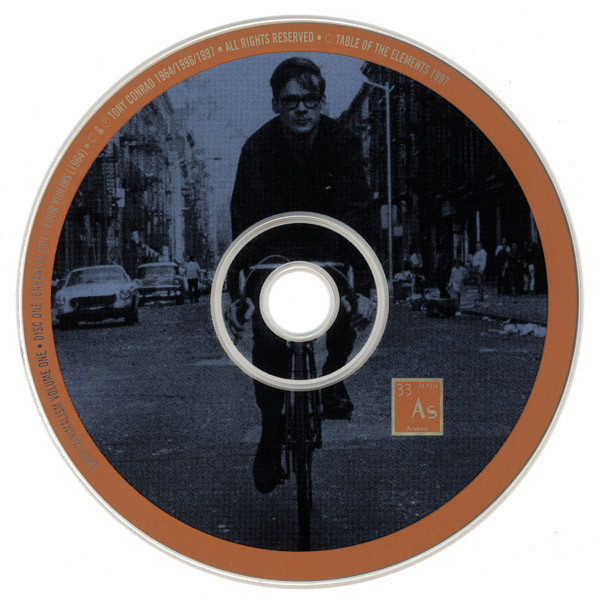"Tony Conrad is a pioneer, as seminal in his way to American music as Johnny Cash or Captain Beefheart or Ornette Coleman, one of those really savvy old guys whom all the kids want to emulate because their ideas, their style are electric and new and somehow indivisible."
“[John] Cale left the Dream Syndicate for the Velvet Underground; Conrad found a community in avant-garde film. But after Reed fired Cale from the VU and he was at loose ends, he and Conrad revived their string-drone collaborations. Some of these works can be found on the box set John Cale: New York in the 1960s, released in 2000 on Jeff Hunt’s Table of the Elements label. Hunt, who played a big part in Conrad’s return to music in the early 1990s, is one of the film’s most articulate expert witnesses to Conrad’s artistic achievements. … In 2000, Table of the Elements finally released digital remasters of three early-’60s Dream Syndicate recordings, which Hunt says appeared mysteriously in the mail one day, as well as the boxed set Tony Conrad: Early Minimalism, which includes one work that is actually “early,” Conrad’s divine Four Violins (1964), as well as other disks by Conrad, MacLise, and Jack Smith.”
Amy Taubin, Artforum
Tony Conrad Collection no. 08)
Tony Conrad
Four Violins (1964)
1996
Table of the Elements
[Chlorine] TOE-LP-17
Phono LP, 180 g. vinyl, gatefold jacket, poster
In 1962 Tony Conrad's amplifed strings introduced the sustained drone of just-intonation into "minimal" music. Conrad, together with John Cale, Angus MacLise, La Monte Young, and Marian Zazeela formed a performance collaboration from 1962-65 sometimes known as the Dream Syndicate. Utilizing long durations and precise pitch, their aggressively mesmerizing "Dream Music" denied the activity of composition, articulated their shared ideas of performance, and established the Big Bang of "minimalism."
When this remarkable group dissolved in 1966, their many rehearsal and performance recordings were repressed by Young and Zazeela, and became the stuff of legend. Conrad himself stepped outside of the Dream Syndicate once: on December 19, 1964 he recorded Four Violins, his only 1960s solo tape of violin playing.
Beautifully packaged in a gatefold jacket with metallic inks, pressed on superior-grade, 180 g. vinyl.
"The most striking quality of Four Violins is its instant familiarity: the grating sound of the violin parts imparts a vision of a uniquely American distance, the feel of a continent. It's a quality also present in the spaces surrounding John Fahey's or Loren Mazzacane's rattled notes, the early Sun recordings, the compositions of Charles Ives, the righteous soul-breath of Albert Ayler. With Four Violins Conrad moves closer to sound-essence, to ringing out the notes which have always existed in the skies of America.
"The joy comes from connecting with Conrad's language, from following its own logic—like railroads roaring out into the Midwest. This is a landmark recording in every sense, and the fact that this is only the first of many forthcoming Conrad installments from Table of the Elements makes me feel like howling with joy."
David Keenan, The Wire
"Tony Conrad is a pioneer, as seminal in his way to American music as Johnny Cash or Captain Beefheart or Ornette Coleman, one of those really savvy old guys whom all the kids want to emulate because their ideas, their style are electric and new and somehow indivisible."
Steve Dollar, Atlanta Journal-Constitution
"Minimalism's critical document... Astonishing"
Art Papers
"100 Records That Set the World on Fire"
The Wire
"Totally uncompromising ... a marvel."
Artforum
"The perfect sound."
Chicago Reader
"Brain-blistering."
Luna Kafe

